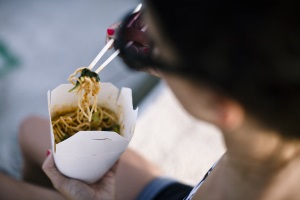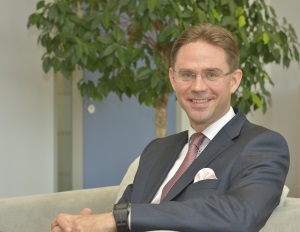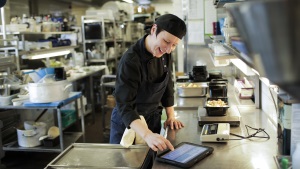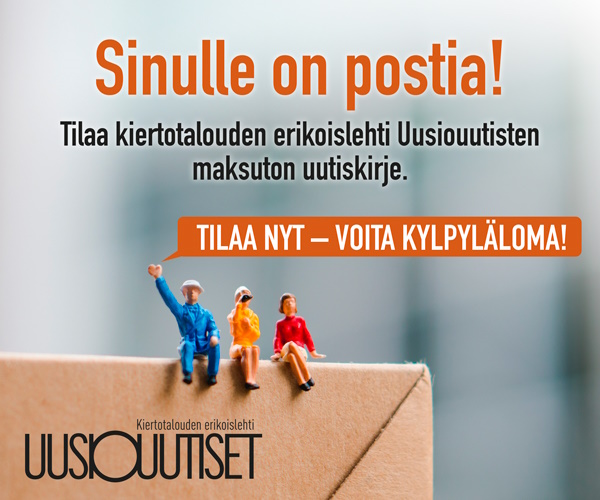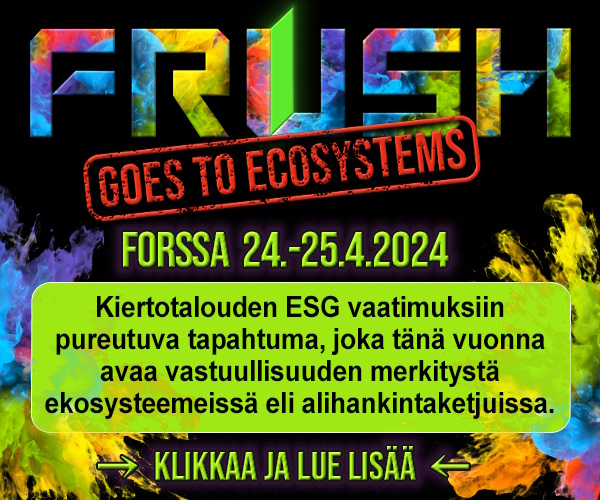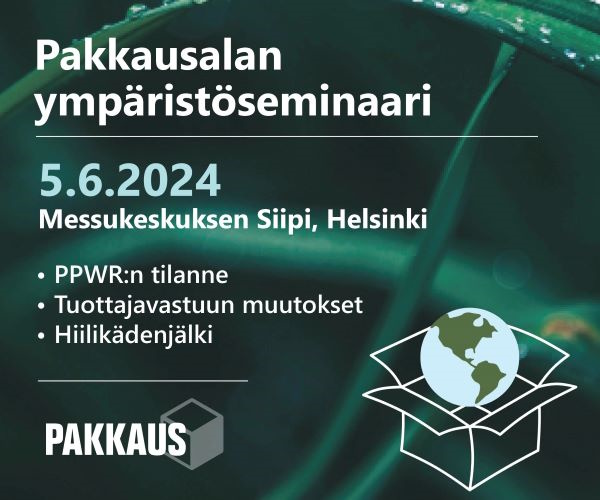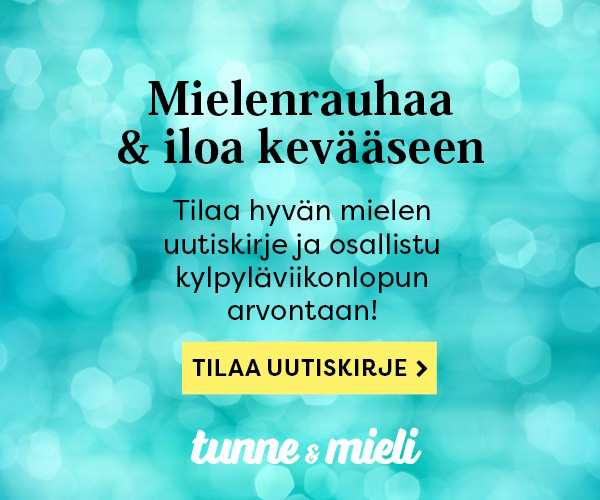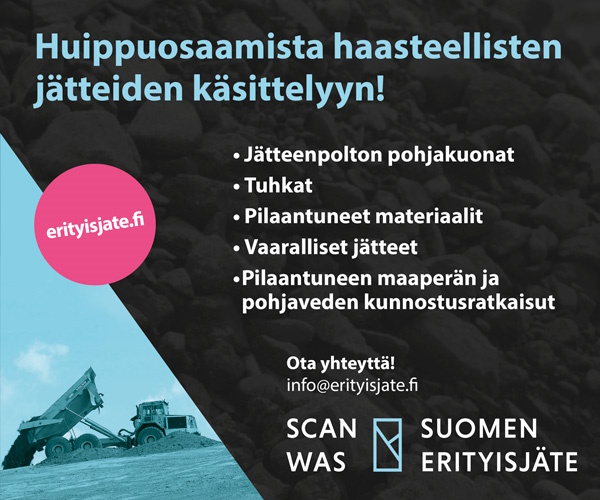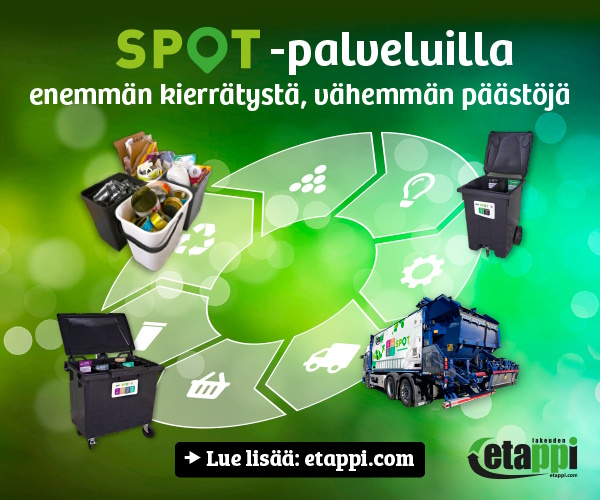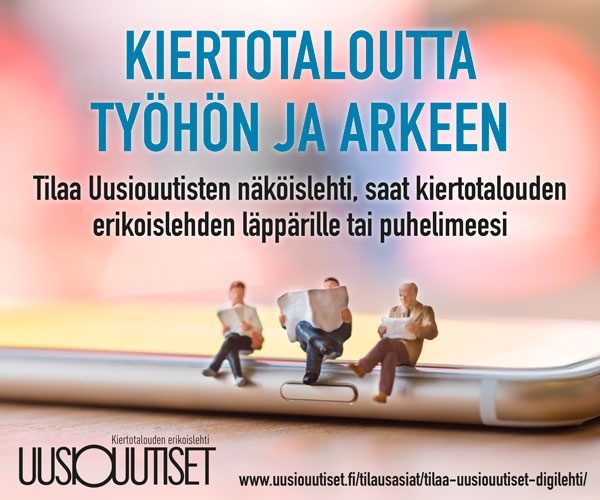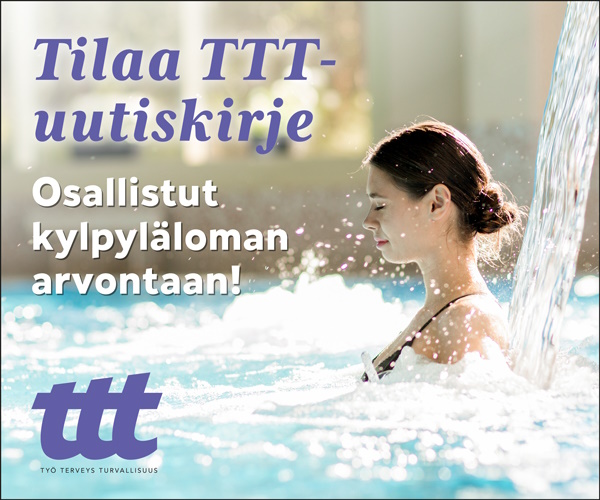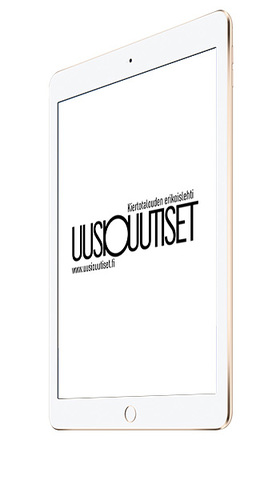Photo Stora Enso/ Tuukka Koski: Stora Enso is one of the members of Packaging Valley. Finland is an important player…
Fish grown with biowaste energy
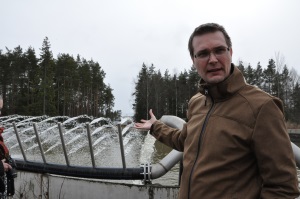
Photo: Marja Saarikko. ‘The ecosystem we have developed is a unique combination of fish farming, greenhouses and our own energy production,’ Jyrki Suominen says.
Julkaistaan Uusiouutisten juhlalehdessä 4/17, 31.5.2017
The Sybimar plant complex, located in Uusikaupunki, produces fish and herbs and is famous for its closed circulation which produces no waste.
Marja Saarikko
Since 2016, the fish farm owned by Sybimar and the greenhouses owned by Kotipelto Garden have been using energy produced from biowaste that is collected from the area of Lounais-Suomen Jätehuolto waste management service.
The biowaste of altogether 250,000 citizens living in and around Raisio, Turku and Salo is used at the adjacent biogas plant, which produces electricity and heat from the gas. The biogas plant is operated by Biolinja Oy Uusikaupunki.
Utilising secondary flows
According to the company’s managing director Jyrki Suominen, the objective is to utilise all secondary flows of food production.
‘For example, sludge from the fish and the filtration residue of used vegetable oils end up in the biogas plant,’ he explains.
The Sybimar plant accepts only food waste and food fats, not other products such as sewage sludge.
‘Therefore, the end products of the biogas plant—soil conditioner and fertiliser water—are clean and safe and can be spread directly in the field,’ Suominen says.
The actual digestion process is mesophilic, that is, the temperature is low, only about 38 degrees.
The processing of biowaste has presented new challenges for the company—you can find practically anything in the waste. For example, medicinal substances are not acceptable in the processes. Plastic fractions and biowaste bags must also be removed first.
Carbon dioxide produced by the fish farm is led into the greenhouses to promote the growth of herbs, such as rocket, spinach and other sprouts. The nutrients produced by Sybimar’s fish farm are used for watering organic certified sprouts. The greenhouse is run by Kotipelto Garden.
Ecological fish
Sybimar was founded in 2005 when the local entrepreneur Rami Salminen started looking for a way of disposing of the expensive fish cleaning waste in fish farming.
He first came up with the idea of separating bio-oil from the fatty cleaning waste and then processing it to produce biodiesel.
When the current main financier, Meriaura Group, and Jussi Mälkiä joined him, the further development of the ecosystem began, focusing on secondary flows of closed production and their utilisation as the synergy of different industries. Fish farming began in 2012.
According to Suominen, the company focuses on fish because it is more ecological than cows or chickens.
‘All parts of a fish can be utilised efficiently without waste, up to 63–65 per cent. The feed conversion ratio is also the best for fish because fish use the feed most efficiently for growth.’
The next goal is to export the technology to Africa, for example, because the ecosystem is now ready for it.
‘However, it is a big investment and the pay-off period is eight to ten years,’ says Suominen as he describes the challenges.
Nevertheless, as the appreciation of fish is increasing in Europe, he believes in the potential of the ecosystem. In Finland, various promotion efforts have increased the appreciation of fish and fish is now more often found also on schoolchildren’s plates.


